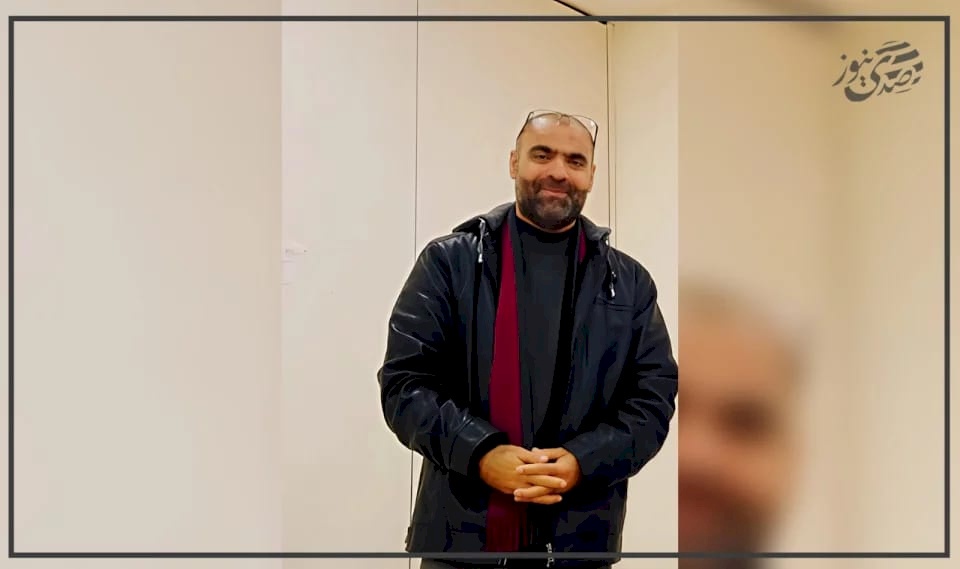
Towards Liberation from Tawjihi in Education: From Singular Confinement to Collective Empowerment
The Tawjihi (secondary school certificate) exam in Palestine is not merely an academic test; it is a dominant social-educational structure that imposes a comprehensive educational alienation from the true human goals of learning before education. As a cautious excavator of the roots of educational practice here, I see that abolishing this exam is not an intellectual luxury but an existential necessity to rescue the system from its deep structural failure, based on essential critical justifications:
1. Educational Alienation: The Tawjihi transforms the educational process from a human endeavor towards comprehensive development (cognitive, emotional, psychomotor) - according to Bloom's taxonomy - into merely a means for an external goal, which is sadly the material success in the material exam. Here, the student shifts from an active, educated self to a subject subjected to a merely rigid measurement mechanism, separating them from the relational love of knowledge and fundamental exploration (alienation from self and the activity of learning).
2. Exam Centrality and Content Diminution: The school curriculum becomes beholden to "what is asked about." This necessarily leads to a flattening of knowledge, where critical understanding and philosophical analysis (such as De Bono's differentiated thinking skills) are reduced to rote memorization and the recitation of information that can be standardized and quantitatively measured. Critical pedagogy (in the style of Paulo Freire) wilts in favor of pedagogy of dictation and memorization.
3. Reproduction of Social Inequality: The Tawjihi clearly demonstrates the mechanisms of reproducing class differences. The ability of affluent families to provide intensive private lessons - which has become a parallel industry - creates structural discrimination against the children of less fortunate classes, especially in the post-October phase and the material struggles facing society. This fundamentally contradicts the principle of educational justice that should be central in the Palestinian people's struggle for their rights.
4. Symbolic Violence - Bourdieu: The Tawjihi exerts a form of symbolic violence by categorically classifying students (pass/fail, "scientific"/"literary" by narrow criteria), solidifying the pathways of their lives. This classification, based on a moment's performance, ignores intellectual pluralism (Gardner) and the different contexts of growth and learning, bearing coercive implications that violate the humanity of education and the dignity of the learner and the diversity of their potentials.
5. Vulnerability to Collapse under Pressure: The inherently fragile system fails to cope with any emergency (such as wars, siege, disasters, crises, and emergencies). The suspension of the exam or disruptions in its conduct - as has happened repeatedly - expose its extreme fragility and inflexibility, creating collective shock and compounded injustice for a generation already suffering from the ravages of occupation. This stands in stark contrast to the need for educational flexibility in the Palestinian context.
The Alternative as a Developmental Tool: Towards a Cumulative Liberatory Model
Abolition is not a void but a gateway to a cumulative formative assessment model that restores centrality to the learner and the learning process itself. Assessment based on:
* Projects that apply knowledge.
* Continuous observation of skill and thinking development.
* Achievement portfolios reflecting comprehensive growth.
* Self-assessment and peer assessment that enhances critical awareness.
* Consideration of social and psychological contexts.
The above are not merely theoretical propositions; they can be deconstructed. Given that the Tawjihi, specifically in Palestine, embodies an antiquated educational mentality that entrenches alienation and inequality, and drains education of its human and critical spirit, its abolition is not surrender, but a necessary liberatory act. It is a step towards active, interactive, and productive education that reestablishes the learner's importance as a holistic being, laying the groundwork for true educational justice, which is a fundamental pillar in the resilience of the Palestinian people and the construction of their future. It is high time to liberate minds from the prison of the unified exam and to embark towards spaces of comprehensive and equitable human assessment.

Huckabee's Statements Reveal the Falsehood of Trump's Peace and Reinforce Religious Confli...

Licensed Occupation by Law

Whoever Does Not Plant Hope, Plants Departure...

Between "Here is Jerusalem" and "Here is Gaza" ... The Voice of a Nation and the Steadfast...

While some count the boos, Palestinians count their martyrs.. Paradoxes of the internation...

When the Palestinian Issue is Reduced to Gaza Management

Legally Licensed Occupation

